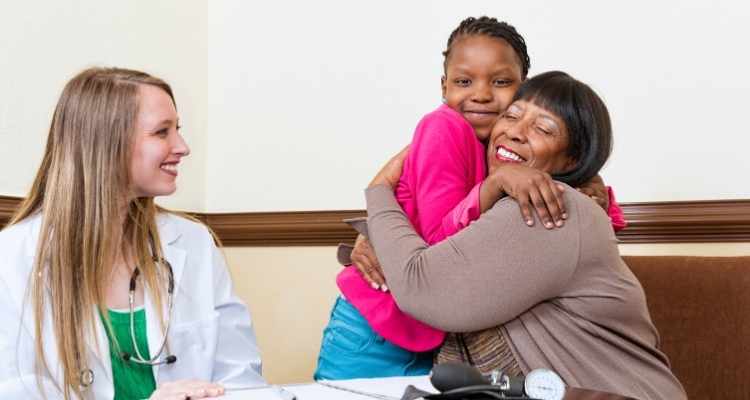The emergence of coronavirus was sudden and unexpected for most of the world. Humanity hadn’t dealt with such an international pandemic since the Spanish Flu (1918-20). People weren’t prepared to halt their daily routines and adopt strict healthcare guidelines all of a sudden. Massive lockdowns in central European states paved the way for severe mental health concerns amid an untreatable viral disease. Let’s briefly discuss how COVID-19 affected society’s health in 2020.
Public health concerns
Coronavirus has revealed the socioeconomic injustices our society faces regularly. Recent studies state that people of color are disproportionately affected by this pandemic due to structural racism. The world needs to give priority to marginalized communities to save them from poverty and starvation. Equity in healthcare provision is essential to allow the poor to afford COVID-19 testing and treatment. It’s also necessary for authorities to contribute to the eradication of human rights violations.
Who is more at risk from COVID-19? Since coronavirus is a relatively new ailment, there’s limited information available about its severity. But, indeed, the elderly are more at risk from this pandemic. Similarly, people suffering from a chronic disease need to practice social distancing carefully. Healthcare professionals are doing their best to teach people about limited physical interactions. Wearing masks and washing your hands are some well-known precautions to survive this pandemic.
The role of community health centers: Much of the community health centers provide healthcare facilities to the rural population. These institutions serve around 20% of rural residents and have acquired an essential role in coronavirus response. They enhance the accessibility and availability of COVID-19 testing and prevention measures to the community. Unfortunately, patient visits have declined now, and healthcare professionals are unable to work. All this has happened due to the coronavirus pandemic and people’s need to distance themselves socially.
Social justice and the coronavirus pandemic: The arrival of COVID-19 witnessed some peculiar bigotry and racism incidents. The world observed how the term “Chinese Virus” became widespread. There were some unfortunate episodes of people being intolerant towards Asian-Americans. A significant impact of COVID-19 was the exposure of deep-rooted inequalities found in our healthcare system. Unjust practices such as “redlining” and “gentrification” have contributed to higher hospitalization and death rates among marginalized minorities. Therefore, healthcare officials are responsible for expanding healthcare facilities and making them accessible to all ethnicities.
Mental health concerns
Researchers at Tokyo’s Keio University surveyed some Japanese employees in March. These employees telecommuted (i.e., worked from home). 50% of them declared that their mental health hadn’t changed due to coronavirus. But 35% of them said that their mental health had declined. Some 14% of them even revealed how they had benefitted from telecommuting. In the United States, COVID-19 had only affected 32% of people’s mental health in March; that increased to 53% next month.
Reasons for declining mental health: The advent of this pandemic produced images of deserted streets and seemingly-abandoned cities. The world entered the state of a global shut-down to prevent further spread of this virus. Many people lost their means of earning. Companies laid off their employees. People found themselves compelled to survive in isolation for months. Misinformation about COVID-19 also contributed to a growing number of stress-related cases.
Things that people are worried about: People are fearful about their health and their loved ones’ health. They are afraid of losing their family members to this mysterious virus. Their eating/sleeping patterns have altered erratically. The inability to visit a doctor has typically caused patients with chronic ailments to suffer. Substance abuse has increased because people are anxious about the unpredictable future. Students are apprehensive about their discontinued or digitally-transformed education.
How to deal with all this stress? WHO reported in June that rehabilitation services had disrupted more than 60% of countries worldwide. But there are many methods to curb your anxiety during this pandemic. Get enough sleep, work out daily, and consume organic food. Continually hearing about coronavirus might be disturbing so take a break from social media. Avoid drugs/alcohol and find solace in meditation. Distract your mind from upsetting news by finding more time to engage in your favorite physical activities. If you are unable to cope, consult a therapist or mental health professional.
Conclusion
Coronavirus didn’t only cause public outcry about world governments’ apparent mismanagement of this pandemic. It also contributed to an increase in stress and anxiety in society. A scientific study published in April showed how COVID-19 has “escalated into a nationwide psychological trauma.” In the United States, nearly 50% of adults admitted that this pandemic had harmed their mental well-being. With thousands dying worldwide, combating coronavirus remains the healthcare industry’s main priority.

